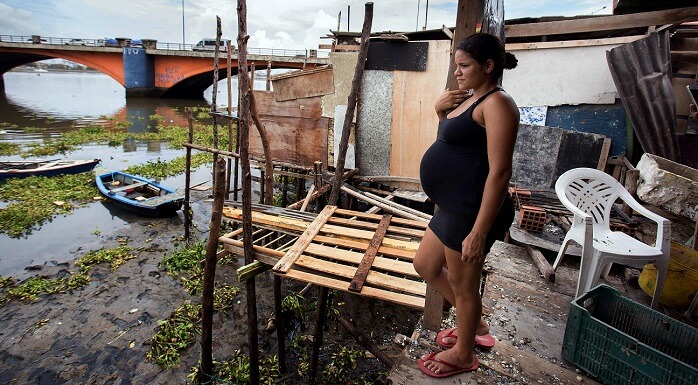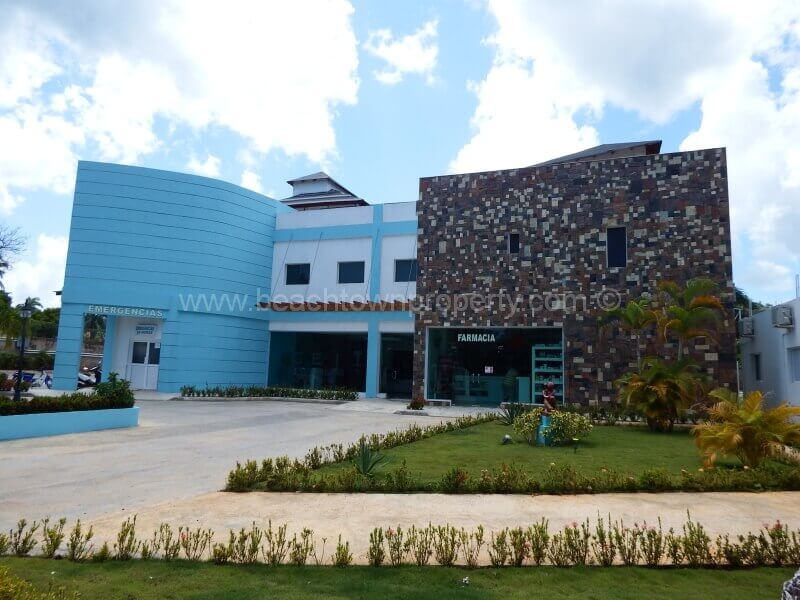Zika virus In The Dominican Republic
On 23 January 2016, the National IHR Focal Point for the Dominican Republic notified PAHO/WHO of 10 laboratory-confirmed cases of Zika virus infection.
Of the 10 cases, 8 are locally-acquired and 2 imported from El Salvador. The cases are from Distrito Nacional, and the municipalities of Santo Domingo Norte, Jimani-Independencia and Santa Cruz-Barahona. While 8 of the 10 cases are aged 15 to 57 years old, the remaining 2 cases are children under five years old. Onset of symptoms ranges from 3 to 18 January. All cases presented fever and rash; 8 of the 10 cases had conjunctivitis, 6 of the 10 cases experienced malaises, headache and arthralgia; and, 5 of the 10 cases reported myalgia.
Samples of the cases were confirmed by reverse transcription polymerase-chain reaction (RT-PCR) at the US Centers for Disease Control and Prevention.
Zika Virus fact sheet
Public health response on the Zika virus In The Dominican Republic
Health authorities in the Dominican Republic are taking the following measures:
- intensifying surveillance activities,
- implementing vector control measures,
- educating the public about the risks associated with Zika virus and encouraging them to take every precaution against mosquito bites.
WHO advice on the Zika virus In The Dominican Republic
The proximity of mosquito vector breeding sites to human habitation is a significant risk factor for Zika virus infection. Prevention and control relies on reducing the breeding of mosquitoes through source reduction (removal and modification of breeding sites) and reducing contact between mosquitoes and people. This can be achieved by reducing the number of natural and artificial water-filled habitats that support mosquito larvae, reducing the adult mosquito populations around at-risk communities and by using barriers such as insect screens, closed doors and windows, long clothing and repellents. Since the Aedes mosquitoes (the primary vector for transmission) are day-biting mosquitoes, it is recommended that those who sleep during the daytime, particularly young children, the sick or elderly, should rest under mosquito nets (bed nets), treated with or without insecticide to provide protection.
Zika virus In The Dominican Republic
During outbreaks, space spraying of insecticides may be carried out following the technical orientation provided by WHO to kill flying mosquitoes. Suitable insecticides (recommended by the WHO Pesticide Evaluation Scheme) may also be used as larvicides to treat relatively large water containers, when this is technically indicated.
Basic precautions for protection from mosquito bites should be taken by people traveling to high risk areas, especially pregnant women. These include use of repellents, wearing light colored, long sleeved shirts and pants and ensuring rooms are fitted with screens to prevent mosquitoes from entering.
WHO does not recommend any travel or trade restriction to the Dominican Republic based on the current information available.
Please check this link for more information on the Zika Virus
Zika virus In The Dominican Republic






